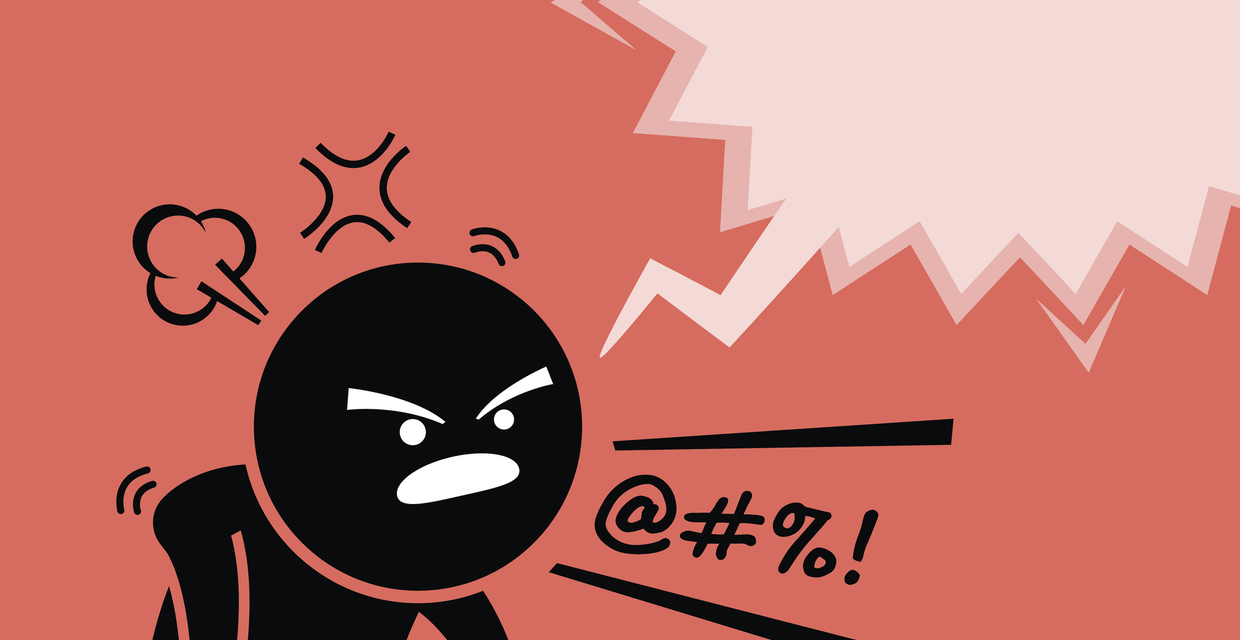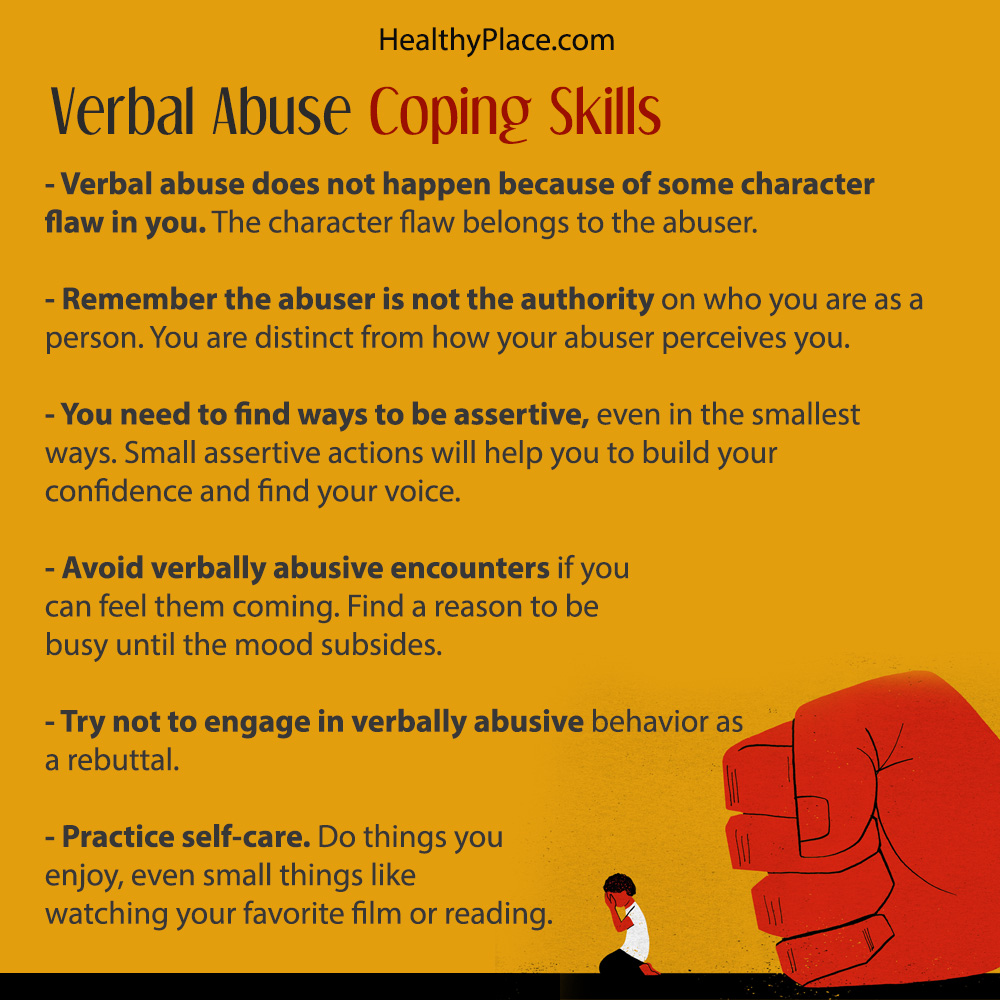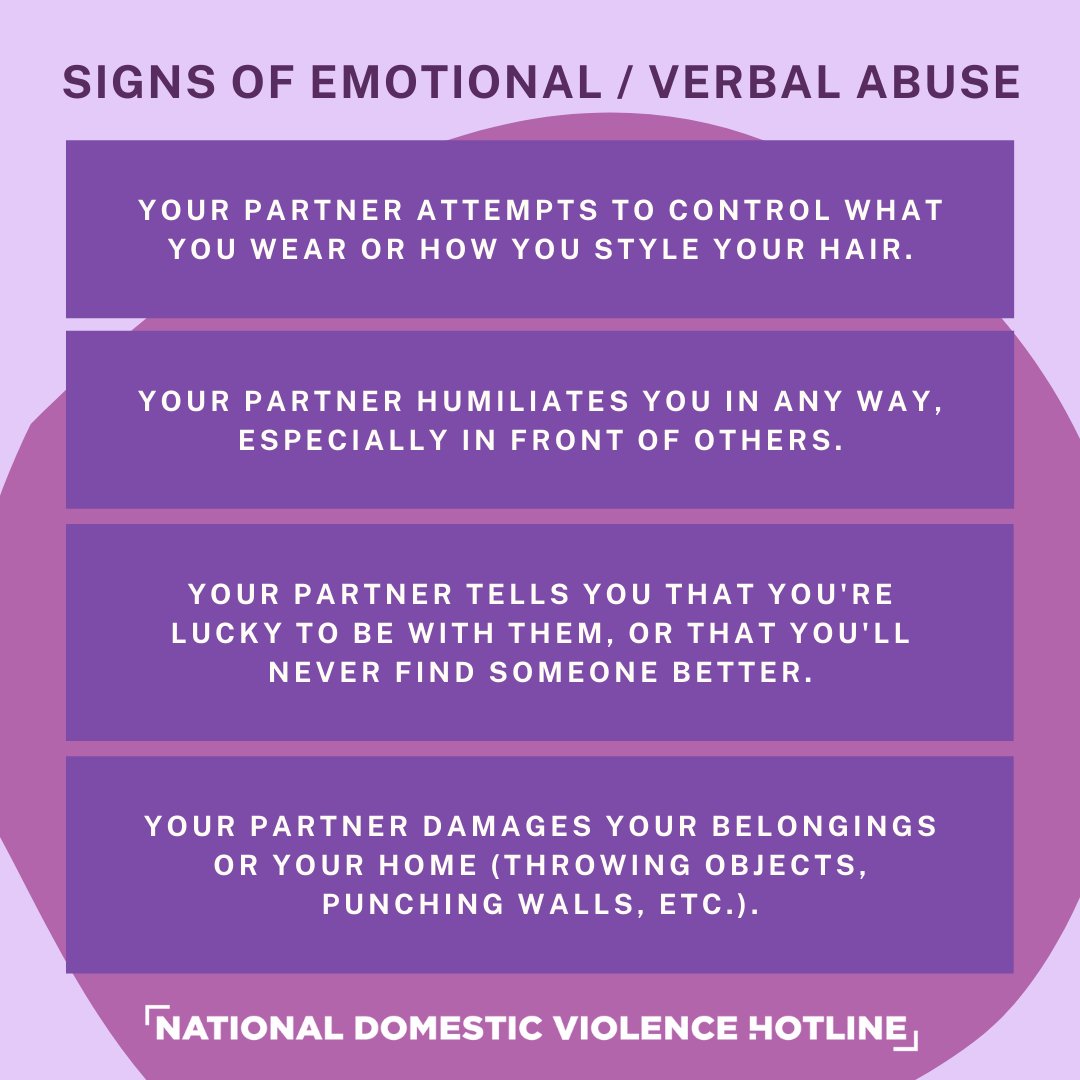Simple Info About How To Fight Verbal Abuse

Dates, times, context, who was there, what was said.
How to fight verbal abuse. It’s not uncommon to equivocate over what constitutes verbal abuse, mainly because the. If you travel in the same social circles, you might. Decide what boundaries you want to set and be firm about them.
By putting a name to your experience, you can begin to find help and support. But this shouldn't be so if only the receiver of the verbal abuse finds a way not to be affected by the spouse. Verbal abuse often follows a script, and you can disrupt it by engaging:
Limit your exposure to the abuser as much as possible. Let them know you’ll no longer respond to or overlook verbal abuse. The first step is to put an end to the verbal abuse you're experiencing.
If someone blames you for something you have no control over, you need to. Verbal abuse should immediately prompt you to double check your physical safety. Here’s how you can confront and work to oust the verbal abuse.
The first step to deal with verbal abuse is: Start keeping a record of the incidents of abuse: Check out our selection of top advice that can help you learn how to respond to verbal abuse:
Developing skills to cope with and stop recurrent verbal abuse can help safeguard. Call a hotline or see a therapist who works with clients who’ve experienced abuse. If the abuser is calling you names, for example, you can reply with “stop using negative labels to.
:max_bytes(150000):strip_icc()/what-is-verbal-abuse-examples-signs-and-more-5210954-Final-b737f642141a4a159fc5112221a4a753.jpg)










/GettyImages-939986858-9c8f16261de443db95764e07862d833f.jpg)





